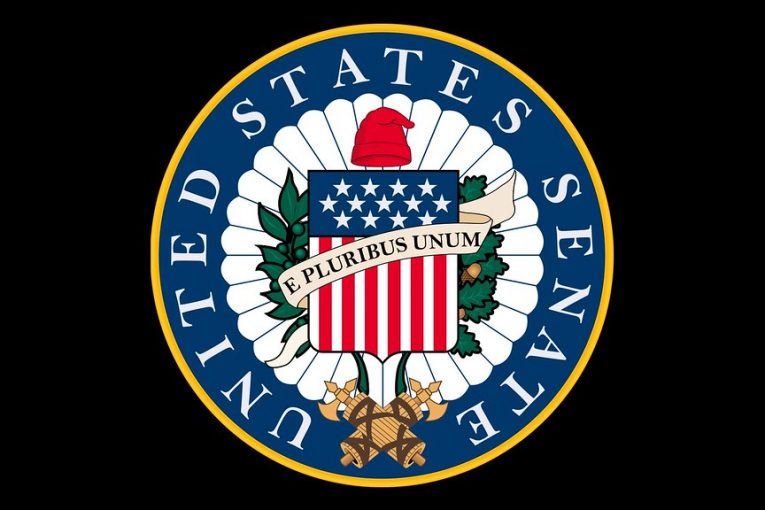

Via Flickr
By Yana Singhal
WASHINGTON, DC – A bipartisan bill, meant to “strengthen Federal prison oversight,” passed the U.S. House last week, awaits Senate approval and if signed into law would “establish new, independent oversight of the Federal Bureau of Prisons (BOP),” according to U.S. Senator Jon Ossoff (D-GA).
Ossoff’s office said after many bipartisan investigations into the U.S. prison system found “corruption, abuse, and misconduct within the Federal prison system, it was determined there was a lack of oversight of the Federal prison system that led to long-term failures likely contributing to loss of life; jeopardizing the health and safety of incarcerated people and staff; and undermining public safety and civil rights.”
Sen. Ossoff introduced the bill in 2022, and again last year “alongside Senators Mike Braun (R-IN) and Senate Majority Whip Dick Durbin (D-IL), Chair of the U.S. Senate Judiciary Committee, which is also co-sponsored by Senators Joe Manchin (D-WV), Shelley Moore Capito (R-WV); and Tim Kaine (D-VA).”
The proposed law, according to Ossoff’s press office, would “require the Department of Justice’s Inspector General (IG) to conduct comprehensive, risk-based inspections of the BOP’s 122 correctional facilities, provide recommendations to fix problems, and assign each facility a risk score, with higher-risk facilities required to be inspected more often.”
It would also require a report of all “findings and recommendations to Congress and the public, and the BOP must respond to all inspection reports within 60 days with a corrective action plan.”
Ossoff’s press office states how the “bill would also establish an independent Ombudsman to investigate the health, safety, welfare, and rights of incarcerated people and staff” where there would be a “secure hotline and online form for family members, friends, and representatives of incarcerated people to submit complaints and inquiries.”
Sen. Ossoff claims the bill “is a major milestone” and adds he now urges “Senate leadership to bring our bipartisan bill for a vote and send it to the President’s desk.”
In Ossoff’s press release, Senators Braun and Manchin have seemed to have the same take on the bill, with Braun stating, “More transparency and accountability will create a safer environment for correctional officers and staff who work in our federal prisons as well as the inmates incarcerated in them. This bill does not allow the Department of Justice to intervene into the affairs of state and local jails, and will help to improve working conditions and keep our federal corrections officers safe.”
Sen. Durbin notes, “The Senate Judiciary Committee continues to take an active role in restoring integrity to the Federal Bureau of Prisons and addressing the mismanagement of our correctional facilities. This bill will help improve oversight and ensure the Bureau lives up to its mission to provide safe and humane conditions of confinement and ensure the successful return of incarcerated individuals to the community.”
Senator Capito added, “The reports of misconduct by some prison officials, the conditions of some facilities, and the stories of abuse of inmates are horrifying. This also emphasizes the need for stricter oversight of the Federal prison system. The House of Representatives’ passage of our bipartisan Federal Prison Oversight Act reinforces this urgent need for action, and I encourage the Senate to take up this bill as soon as possible.”
Rep. Kelly Armstrong (R-ND) noted, “Criminal justice is not a red or a blue issue, it’s not a liberal or a conservative issue—it is a smart policy issue. There aren’t many times in Congress where you can pass legislation that changes people’s lives for the better, so I urge my Senate colleagues to pass this legislation, add accountability to the federal prison system, and work to stop the cycle of crime and addiction.”
Ossoff’ statement also cites the bill is supported by many humanitarian causes and groups such as “the Council of Prison Locals (CPL), Families Against Mandatory Minimums (FAMM), the American Civil Liberties Union (ACLU), the Conservative Political Action Committee (CPAC), National Association of Criminal Defense Lawyers, Justice Action Network, Due Process Institute, Right on Crime and Niskanen Center.”